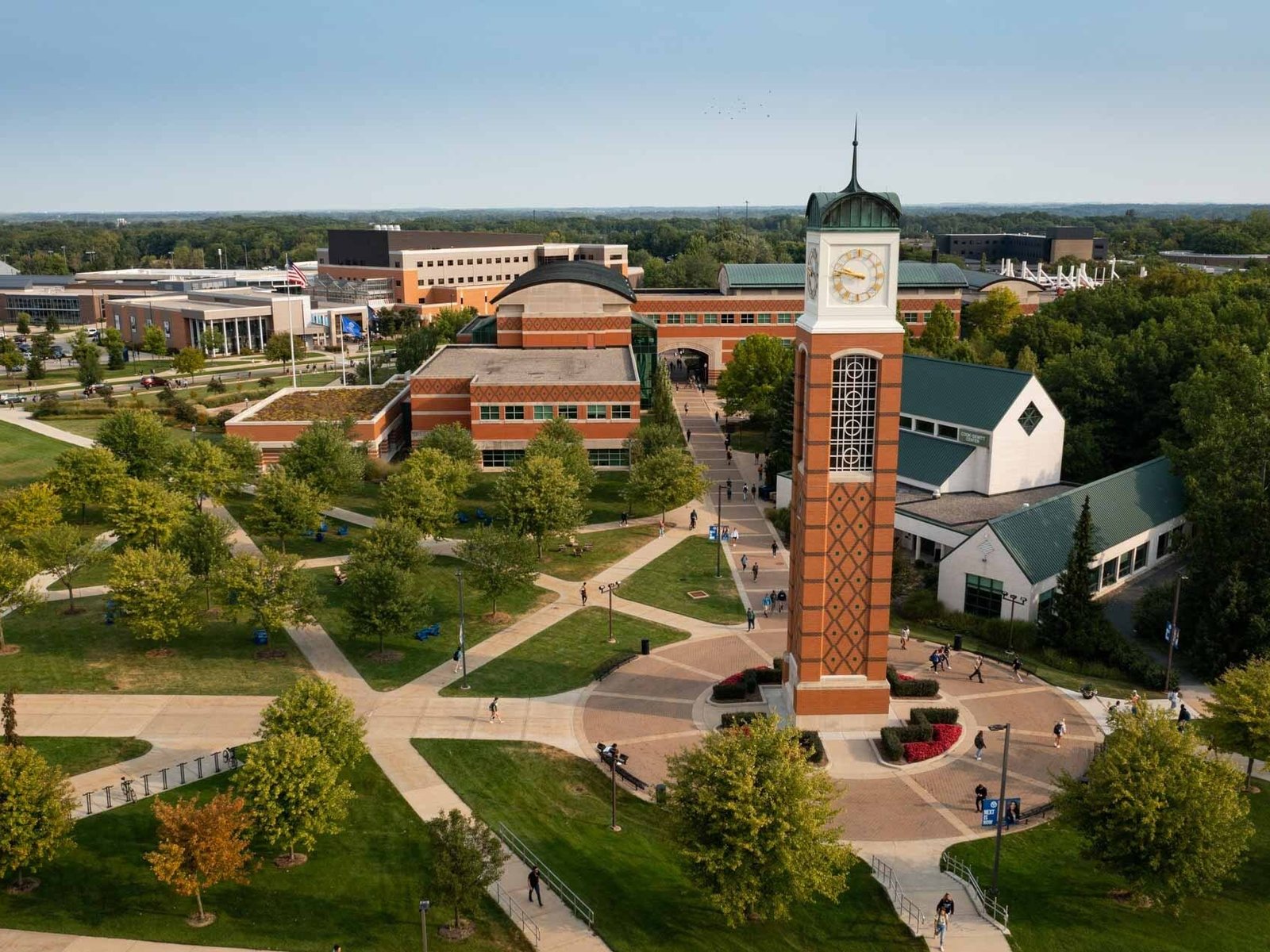Building Institutional Capacity for External Partnerships (BICEP) is a team of four universities with the shared goal of collaboratively building their institutional capacity and knowledge for growing external partnerships that advance key technologies within their innovation ecosystems. Team members include Santa Clara University, Lawrence Technological University, Grand Valley State University, and Minnesota State University Mankato; each member is both a Primarily Undergraduate Institution (PUI) as well as an Emerging Research Institution (ERI).
To address common challenges to participating in their regional innovation ecosystems, the BICEP team has identified three specific objectives on which to collaboratively focus through this proposed project:
Operational Maturity in establishing institutional policies and structure to enable efficient and professional partnering,
Professional Development to enhance the knowledge of faculty and staff to be better equipped to participate in and contribute to technology partnerships with external organizations, and
Partner Engagement activities to support managing and strategically evolving partnerships over time.
While the benefits of and strategies for developing partnerships are well documented, knowledge on how PUIs/ERIs can best grow a comprehensive array of external technical partnerships is very limited. Focusing on the areas of Operational Maturity, Professional Development and Partner Engagement, BICEP team members will identify a set of strategies, practices, and lessons learned relevant to how PUI/ERI institutions can, in general, build their capacity to support their regional innovation ecosystems.
This new knowledge will be codified, documented, and disseminated through publications, workshops and a toolkit with resources that may be used by other PUI/ERI universities. In conducting this work, each institution will benefit from an increase in the number and quality of external partnerships, the ability to secure external funding and resources, and the capacity to grow programs in workforce development, use-inspired research and development, and research translation. This will catalyze faculty research opportunities, increase engagement of underrepresented and economically disadvantaged students within the federal STEM-related funding portfolio, enhance skills within the workforce, and contribute to the economic health of the BICEP team innovation ecosystems.
This award reflects NSF's statutory mission and has been deemed worthy of support through evaluation using the Foundation's intellectual merit and broader impacts review criteria.
Grand Valley State University
Grand Valley State University (GVSU) plans to greatly expand and institutionalize our nascent Front Door capacity and capabilities in industry-engagement through achievement of the BICEP cohort’s objectives of 1) Operational Maturity, 2) Partner Management, and 3) Professional Development, to firmly establish the university reputation as a premier talent and technical solutions provider for the regional innovation ecosystem. The learnings from evolution of these processes will, in collaboration with the BICEP cohort, develop best practices and a blueprint for dissemination within the ERU community. We are intentional on creating new best practices to ignite the potential of regional, comprehensive universities for participation in innovation ecosystems and contribution to the economic vitality of their communities.
Lawrence Technological University
Lawrence Technological University (LTU) is leveraging its 3-Year NSF EPIIC award to expand and enhance the vitality of sustained industry partnerships, research, and collaboration, and to increase LTU’s impact on the region’s innovation ecosystem as part of its newly formed Research and Economic Development organization. We are working closely with our BICEP Cohort to achieve the grant objectives of improving Operational Maturity, conducting Faculty Professional Development, and increasing Industry Partner Engagement. In collaboration with the BICEP Cohort, we will develop a blueprint of Best Practices that can be used as a guidebook for increasing regional innovation ecosystem impact for emerging research universities.
Minnesota State University, Mankato
Minnesota State University, Mankato (MNSU), as a member of the BICEP cohort, will build capacity for the expansion and sustainability of comprehensive partnerships and increased sponsored applied research with regional companies. We seek to have regional companies think of the university as a partner of choice spanning a wide range of needs in solving their technical problems, implementing new technologies, developing their workforce, and anticipating sector changes.
Santa Clara University
Santa Clara University (SCU) aims to leverage the NSF EPIIC award to build capacity for comprehensive external partnerships that strengthen and increase resources for its academic programs and that lead to greater impact within its regional innovation ecosystem. Desired outcomes include a) to establish SCU as a differentiated academic partner in the region, offering deep technical expertise supporting use-inspired research and professional development in critical areas of interest, and b) to develop new initiatives and support collaborative work in a trusted, efficient and timely manner.















